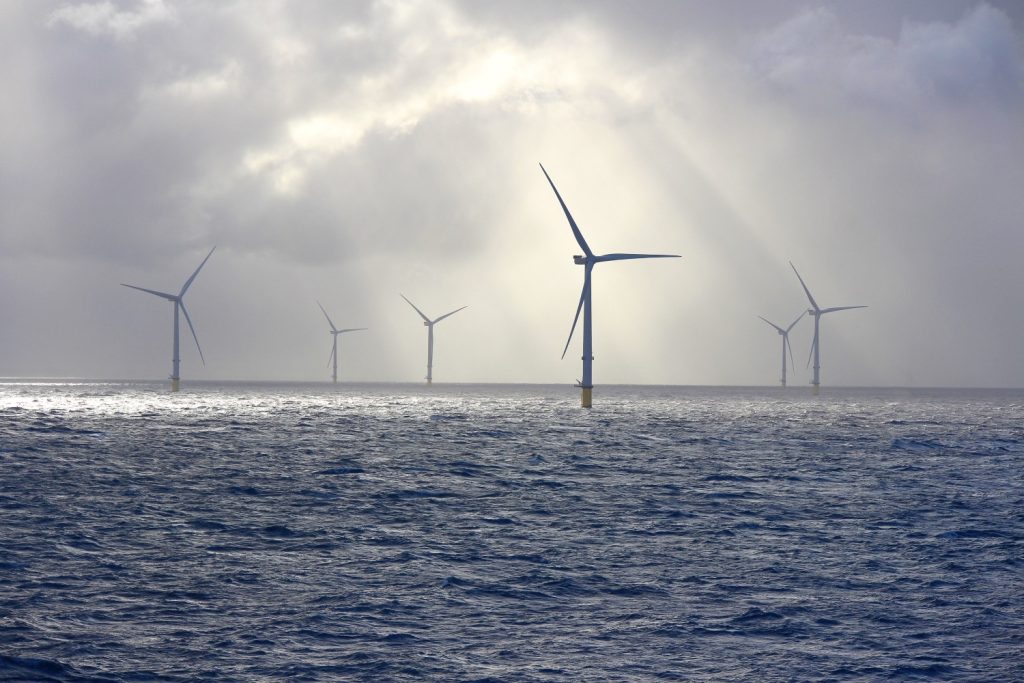The UK government’s rapid start on climate action, including plans to transform the country into a “clean energy superpower,” is creating political and policy challenges, according to environmental politics expert Professor Matthew Paterson from the University of Manchester.
In a new article published by Policy@Manchester, Professor Paterson highlights the government’s ambitious legislative initiatives aimed at boosting renewable energy, enhancing energy security, and stimulating economic innovation. These measures include the creation of Great British Energy, reforms to the Crown Estate, and promoting sustainable aviation fuel.
The UK has also moved forward on approving new solar plants, lifting the ban on onshore wind, increasing funding for renewable energy, and relaxing planning rules for future renewable energy projects. According to Professor Paterson, this pace of action has surpassed expectations.
“The UK’s focus on becoming a ‘clean energy superpower’ centres on two key areas: energy security and industrial innovation,” he explains. He notes that one of the main reasons for pursuing renewable energy so aggressively is the desire to shield the UK’s energy system from global crises, such as the impact of Russia’s invasion of Ukraine on gas prices.
By developing domestic renewable energy, the government hopes to reduce the UK’s reliance on fluctuating global natural gas prices and the associated risks. This strategy, Professor Paterson argues, not only addresses climate goals but also serves the UK’s energy security.
The second focus is on industrial innovation and investment. The establishment of Great British Energy and reforms to the Crown Estate aim to address underinvestment in renewable energy and the broader economy. However, while these initiatives have been announced, there are challenges ahead in terms of turning them into tangible economic benefits, particularly by encouraging more domestic production of renewable energy components, such as solar panels and wind turbines.
Professor Paterson believes that while the focus on renewable energy capacity – like wind turbines generating electricity – is crucial for reducing emissions, it may limit the wider economic gains the UK could achieve. He argues that more emphasis should be placed on developing homegrown industries to manufacture renewable energy technologies.
Despite these promising developments, Professor Paterson warns that several challenges lie ahead. One of the key issues is the government’s lack of focus on energy demand within sectors like transport and housing. The “Warm Homes Plan,” which was an important part of the government’s pre-election manifesto, proposed £6.6 billion in investments for retrofitting homes to reduce energy demand. However, little has been mentioned about this plan since the election.
He also stresses the need for the government to manage a growing backlash against climate policies, particularly regarding infrastructure for renewable energy. With the UK needing to triple its electricity capacity to support electrification in areas like heating and transport, this expansion could spark further opposition. While reducing energy demand may ease some of the pressure, it is unlikely to be enough to completely avert future tensions.
As the government continues its push to achieve its clean energy goals, it will need to navigate these political and policy challenges carefully to ensure its strategy remains viable and sustainable. ‘Clean energy superpower – and climate action kryptonite’ by Professor Matthew Paterson is available to read on the Policy@Manchester website.




